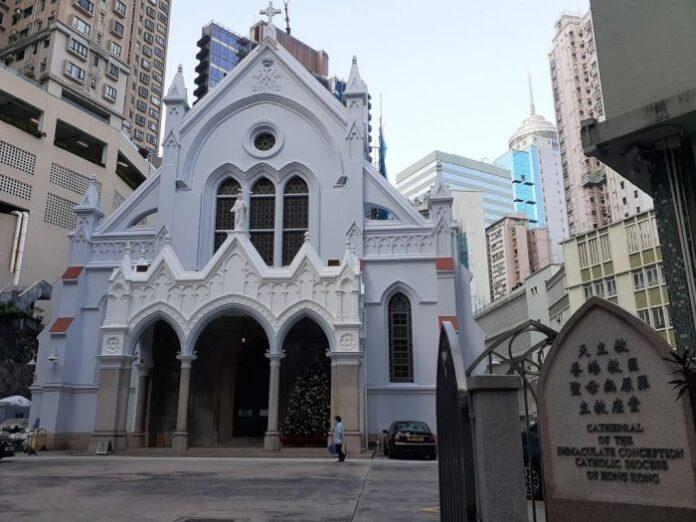Another national security law for Hong Kong, as if the draconian 2020 law wasn’t enough.
Newsroom (26/03/2024 20:53, Gaudium Press) A new national security law for Hong Kong is under discussion, in addition to the draconian 2020 law that resulted in the detention of several Catholic activists.
The new legislation, entitled the “Article 23” law, is under consideration in Hong Kong’s Special Administrative Region, which is increasingly resembling an extension of mainland China.
If this totalitarian law is implemented, it could result in a police state in Hong Kong, with sentences of up to 14 years in prison for individuals who have knowledge of an act considered “treason” committed by a third party and fail to inform the authorities within a specified period. Of course, the Sacrament of Confession itself would be threatened by this legislation.
The possibility of the implementation of the “Article 23” law has already aroused concern among 16 international experts on religious freedom, who have expressed their “deep and grave concern” through the publication of a letter.
Sacrament of Penance: confidentiality
According to the letter, “For many religious traditions, especially the Catholic Church, the practice of the Sacrament of Penance (also known as the Sacrament of Reconciliation or Confession) is a religious act of absolutely fundamental and sacrosanct importance. At the heart of the Sacrament of Penance is the vital principle of confidentiality. Confession, made by an individual before a priest, before God, guarantees that what is said in this conversation will remain strictly confidential between only three parties: the penitent, the priest who hears the confession, and God.”
The bill, as is usual with this kind of political-population control legislation, contains vague provisions and allows for the arbitrary use of politically motivated judicial proceedings on the grounds of “national security”.
Furthermore, this new legislation lacks safeguards usually present in other common law jurisdictions – such as the periodic review of the need to maintain detention – and undermines due process and the right to a fair trial, specifically by proposing the “elimination of certain procedures” to “speed up” trials on national security grounds. It also makes it possible to extend police detention without charge, preventing contact between detainees and their lawyers of choice and denying those convicted of crimes against national security the right to a reduction of up to a third of their sentences for good behaviour.
In short, the proposed legislation criminalizes as “sedition” any attempt to advocate changes in legislation or criticize the People’s Republic of China, the letter states.
Among the signatories of the letter are the former president of the US Commission on International Religious Freedom, Nadine Maenza, the director of the Hudson Institute’s Center for Religious Freedom, Nina Shea, and the senior fellow of the Ethics and Public Policy Center, George Weigel, as well as several academics and Non-Governmental Organizations (NGOs). Benedict Rogers, co-founder of Hong Kong Watch, helped organize the joint letter.
Compiled by Dominic Joseph



































